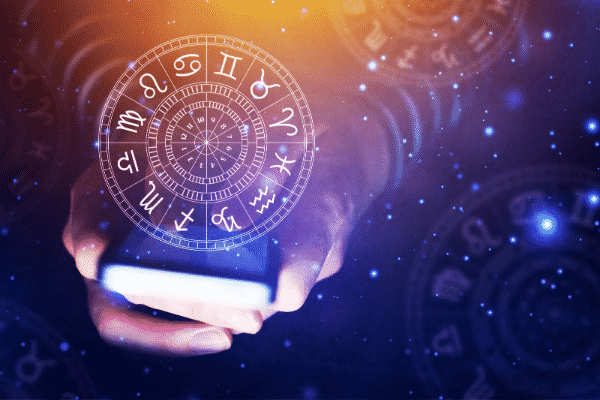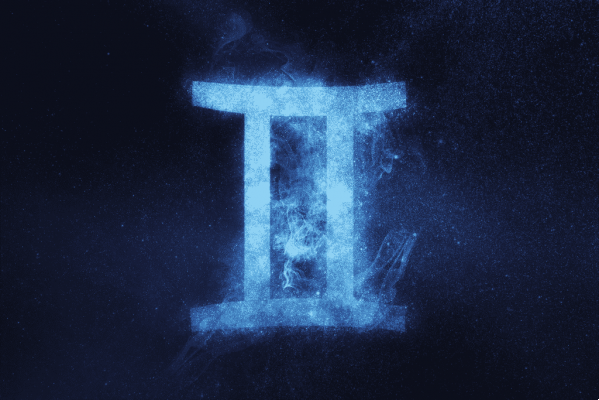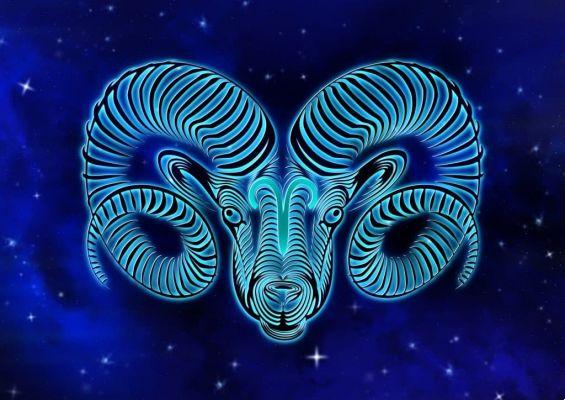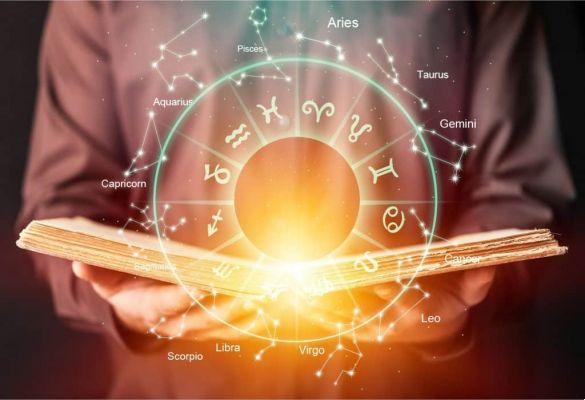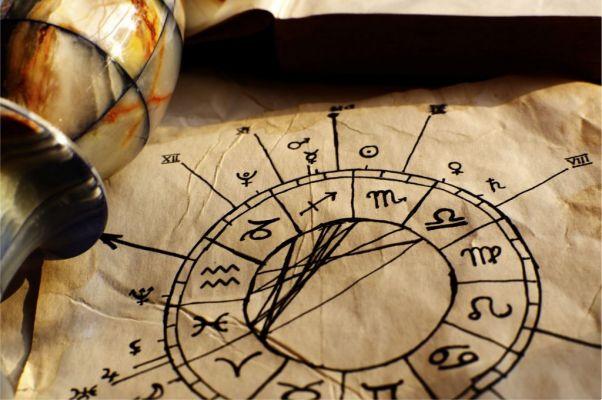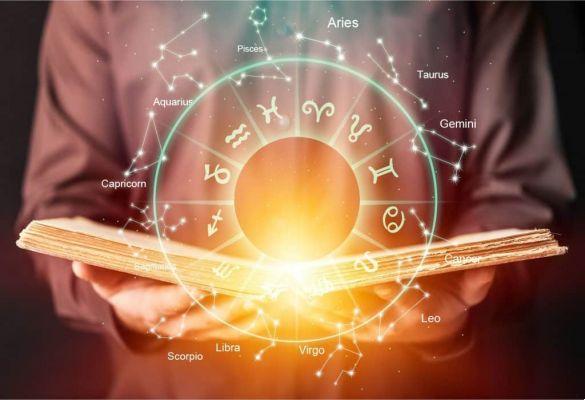This sign is ambitious and disciplined. In the positive aspect, it is one of the most stable signs, being prudent, cautious and patient. He has a good sense of humor and is reserved. Hardworking, responsible and practical, a Capricorn persists to achieve his goal. Honest and disciplined, they are good managers.
As he is very demanding of himself, he also demands a lot from others. They can be carried away by melancholy and pessimism. They should try to maintain emotional stability with meditation exercises or other activities that help with relaxation. As they are reserved, they are likely to have few friends, but remain loyal to them. It can be difficult to maintain a romantic relationship because of this distance, but when they do fall in love they are faithful and a little jealous.
In Capricorn, two energies merge: the energy of the earth element and the water element. Its graphic representation is an animal composed at the top by a goat (or goat, representing the conscious) and at the bottom by a fish (the unconscious).
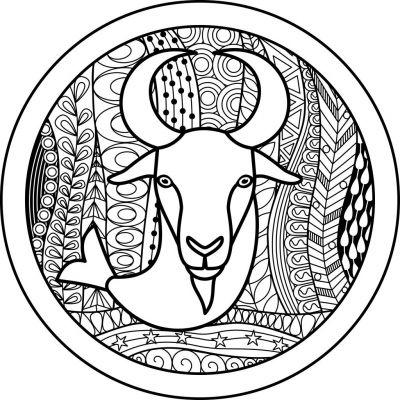
You might also like:
- Astrological chart as a powerful tool for self-knowledge
- Neuroscience and Spirituality
- Lotus Flower: The Sacred Plant and Its Meanings
Several myths exemplify the sign of Capricorn. In ancient Babylonian mythology, the god Ea, half goat and half fish, is lord of the original waters of creation. In Sanskrit (ancient language of India), the name “Capricorn” corresponds to another amphibian animal, the crocodile, evidencing its dual nature: from the waters (unconscious) matter (conscious) emerges, which will head towards infinity (spirit) .
The quality of the fish is mystical and sacrificial: to become divine it is necessary to sacrifice what is human. The goat, during the festivities in honor of the Greek god Dionysus (Bacchus, for the Romans) was sacrificed to the god. Thus, sacrifice leads to the transcendence of what is lower to a higher level.
The legend about the goat Amalthea exemplifies this sacrifice for the sake of elevation. Amalthea was a goat that fed the god Zeus (Jupiter, to the Romans) with milk taken from its horn, the cornucopia. The gods decided that this goat had to be hidden in a secluded grotto, as it was too horrible to be seen – and could upset little Zeus.
Growing up, Zeus had to face the fearsome titans, giant gods, who were the ancestors of the Olympian gods and opposed his claim to seizing power. Zeus would need weapons to fight the titans, and the oracle (diviner) suggested that he kill the goat Amalthea and wear her skin, making himself invulnerable.
In this myth, we see the tragic meaning of Capricorn's sacrifice: serving others and then dying, for a common good (hence the expression “scapegoat”). Capricorn takes on a tragic meaning, for his sacrifice exalts the divine quality that must triumph over the human quality. In this sign, the entire experience of the identification process is gathered. Only in atonement and solitude will Capricorn know the meaning of his own destiny.
References
“Astrology and Myth”- R. Sicuteri – Pensamento Publisher – São Paulo – 1978;
“The Golden Book of Mythology” – Thomas Bulfinch – Ediouro Publicações Ltda. – Rio de Janeiro – 2003.






